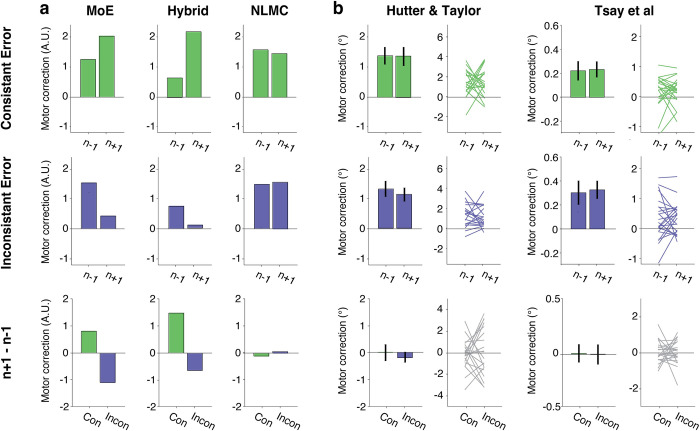Fig 2. Trial-by-trial adaptation does not support the Memory of Errors model.
| a) The effect of immediate error history on motor corrections as predicted by the MoE model (left), a hybrid variant of the MoE model (middle) and the NLMC model (right). The motor correction on these trials is plotted as a function of whether the sign of the error on trial n was consistent in sign (top) or inconsistent (middle). The bottom row shows the difference in motor correction on trials n+1 relative to n-1 for the consistent (Con) and inconsistent (Incon) conditions. The MoE and Hybrid models predict a difference in motor correction, with an enhancement on trial n+1 when the sign is consistent and attenuation when the sign is inconsistent. The NLMC model predicts that the motor correction will be invariant. b) Empirical results from two studies that used different methods to estimate implicit adaptation. Left: Hutter and Taylor (2018) [13]; Right: Tsay et al. (2021) [20]. There was no evidence of an effect of recent error history in either data set. Error bars indicate S.E.

